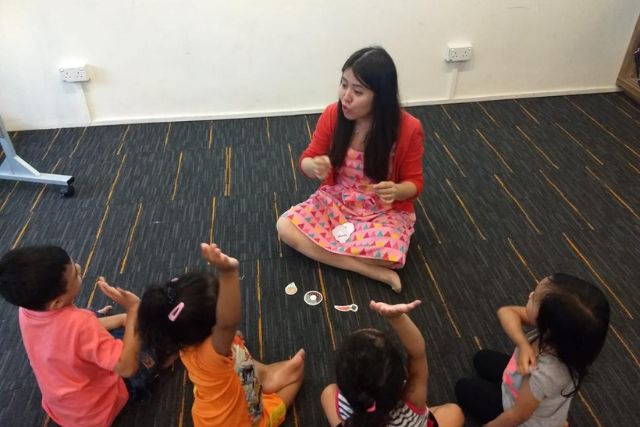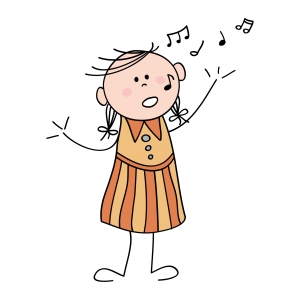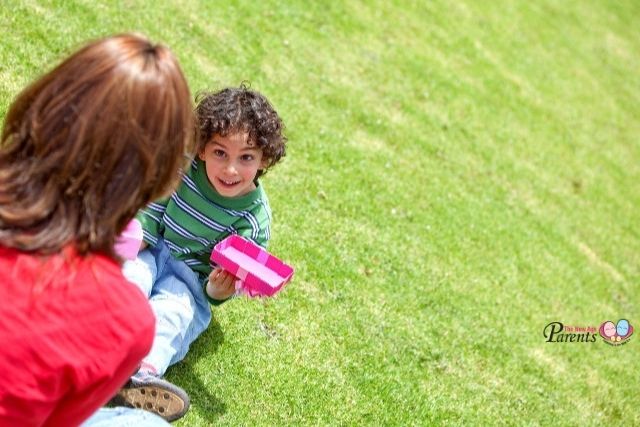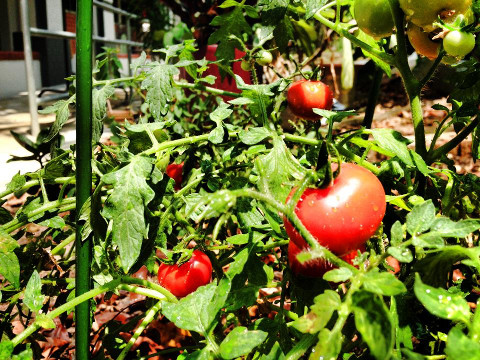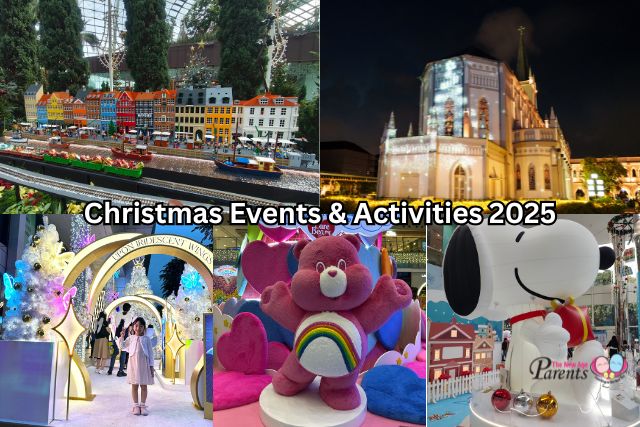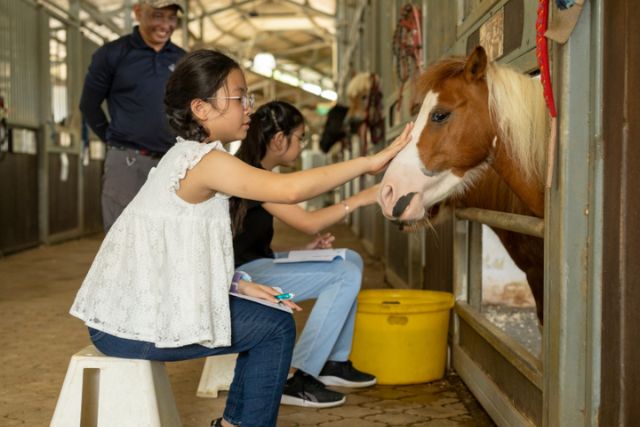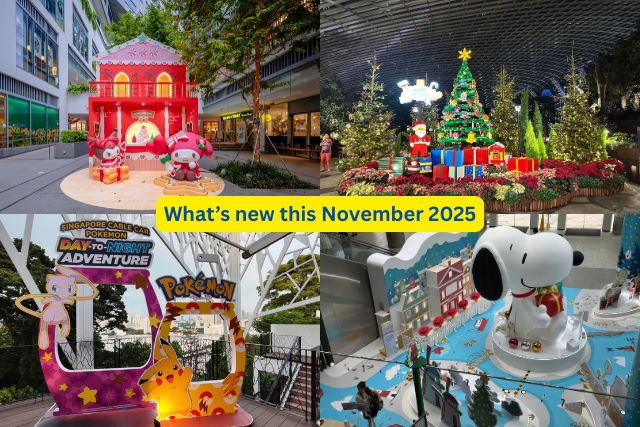What is it and how can I help my child?
As a Speech and Language Therapist, I am accustomed to hearing the term phonological awareness as part of daily life. We study the development of phonological awareness, we are aware of the different phonological skills that children develop during the early years and of their significance in relation to a child’s literacy skills. As professionals, we educate parents as much as possible about the importance of promoting phonological skills early in life. The question is how many parents really know what phonological skills are and more importantly, how can they help their child on the road to becoming successful readers, spellers and writers.

Phonological awareness refers to a child’s ability to think about and understand the sound structure of a language. That is a child’s ability to recognize that sentences are made up of words, words are made up of syllables, rhymes and individual sounds and that we can manipulate these sounds and syllables to make different words. Phonological awareness skills involves (i) recognizing that words and syllables rhyme, (ii) being able to break up or segment sentences into words, words into syllables and sounds (phonemes) and (iii) being able to blend phonemes and syllables into words. Fitzpatrick (2007) summarizes phonological awareness aptly by saying that it is ‘the ability to look inside a word’.
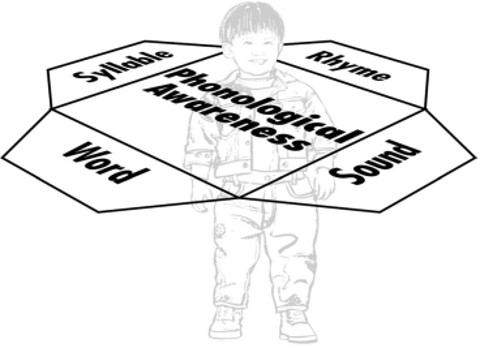
What is the importance of phonological awareness?
Recent studies have investigated the relationship between phonological awareness skills and success with reading and spelling. Children who have well developed phonological awareness entering Primary 1 have a distinct advantage when it comes to making sense of how sounds and letters operate in print. In fact, according to research by Adams et al (1998), a student’s level of phonological awareness primary school is one of the strongest predictors of later reading success.
How does phonological awareness develop?
Signs of phonological awareness skills develop during the preschool years in typically developing children who are emerged in a stimulating environment. Several researchers [Perfetti (1991), Goldsworthy (2003), Stackhouse (1997)] have studied the development of phonological awareness skills in pre-schoolers. The following table is a summary of what you can expect from your child as they develop their phonological skills;
By age 3, children are usually able to do the following;
|
By age 4, children are usually able to do the following;
|
By age 5, children are usually able to do the following;
|
By age 6, children are usually able to do the following;
|
By age 7, children are usually able to do the following;
|
The majority of children have little difficulty developing their phonological awareness skills however there are children who struggle with some aspects of phonological awareness. If you, or your child’s teacher, suspect that your child may be struggling with aspects of phonological awareness, early intervention is crucial. A speech and language therapist can assess your child’s phonological awareness skills and help to treat their specific areas of need.
What can you do to promote the development of phonological awareness skills in your child?
A stimulating environment can work wonders in helping to develop a child’s phonological awareness skills. The following tips may help to give you some ideas on how to provide such an environment for your child;
- Read books to your child that have rhyme, rhythm, and repetition such as Dr. Seuss books, poetry books, or nursery rhymes. After reading and enjoying the book, talk about the rhyming words and ask your child to think of other words that rhyme.
- Play oral rhyming games with your child such as “I’m thinking of a toy that rhymes with ‘tall’ what is it?” Answer: “ball.” Or, you could ask, “How many words can you think of that rhyme with “at?” or you can play ‘I spy’ for example, I spy with my little eye something that rhymes with hat – it’s a cat”, this can be fun to play in different environments such as waiting for the bus or bath-time.
- Read to, sing with, and talk to your child as many times each day as possible to build her interest in sounds, words, and language.
- Enjoy silly language games with your child such as saying as many words as you can that start with the sound /l/ or /r/. Or, try to think of as many rhyming words as you can, including made-up words. For example, you might say, “How many words can we think of that rhyme with ‘take’?” You and your child may then come up with a list of real words such as “lake,” “make,” “rake,” and “bake,” and you may also think of made-up words such as “dake” and “gake”. This type of language play builds children’s interest in words and sounds.
- Enroll your child in a preschool program. Most preschool educators involve aspects of phonological awareness into their daily lesson for example, shared reading time and exposure to the alphabet.
By Donna Hayes, Speech and Language Therapist at THK Therapy Services.
* * * * *
Like what you see here? Get parenting tips and stories straight to your inbox! Join our mailing list here.
Want to be heard 👂 and seen 👀 by over 100,000 parents in Singapore? We can help! Leave your contact here and we’ll be in touch.













